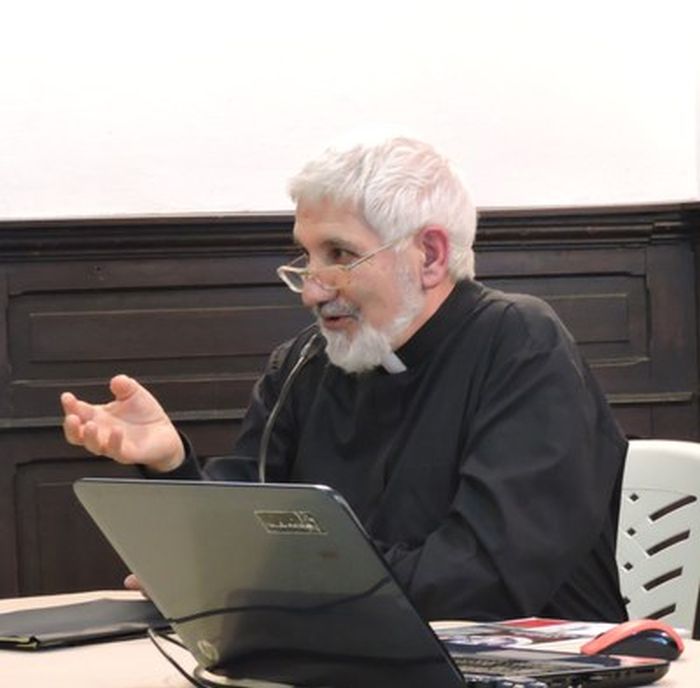

Week 6 - The open taps in Latin America
Par Prof. Dr Jerónimo Granados
Reflection - Seven Weeks for Water 2018
Introduction
The sixth reflection of the of the "Seven Weeks for Water", of World Council of Churches’ Ecumenical Water Network, is by Prof. Dr Jerónimo Granados, an ordained pastor of the Evangelical Church of Río de La Plata. The following reflection recognises the promise of living water, the water that quenches the thirst of the world for Jesus Christ. However, he underscores the importance of the clean water to run through taps of people of Latin America which is vital for a dignified life. He also draws inspiration from the “Pachamama” of the native people of this region to respect and protect our waters.
Text:
To the thirsty I will give water without cost from the spring of the water of life.
(Revelation 21:6)
Reflection:
In the 1970s a very important essay for our American continent appeared: “Open veins of Latin America”[1]. Its author, Uruguayan writer Juan José Galeano, offers a critical overview of the situation in the subcontinent formed by Latin America and the Caribbean, from the time of its colonization until the 20th century. At that time, the problem was mainly focused on the endemic poverty affecting vast sectors of society that were deeply marginalized due to unemployment, social injustice and famine. Today we would bluntly add “thirst”, or the implications of not having the infrastructure necessary for basic services, amongst them water and the healthy environment that it provides when it is well distributed, or at least not polluted. At that time, the topic of water was barely mentioned in governmental agendas, whereas today it is considered an inalienable right, given that, without it, the food and health chains would be seriously compromised. As well as an abundance of food (for example, Argentina produces food to feed ten times its population[2]), there is also an abundance of water, and yet, there are sectors of society who barely have the minimum amount necessary to feed themselves in a healthy way, and do not have water networks or sewage. Cities are worst affected, and there are large social sectors that lack these basic services.
In the Bible, Genesis tells us about the origin of the world, and water appears as a constituent element of creation and it is used as a metaphor, teaching and parable to communicate the best and worst consequences of its actions. Nevertheless, it is described in many ways that revolve around its positive aspects. That water which appears from the start is not only found in seas, rivers and lakes, but also, abundantly, in aquifers. Part of the earth is floating on top of immense seas of underground fresh water.
Questions:
- Poverty pays a high price for water and also for health. What are the most appropriate policies to prevent this social injustice?
- Why is there fear of militarization and even wars surrounding water reservoirs?
- Where can we find ethical paradigms for the preservation of nature and of water as a basic good?